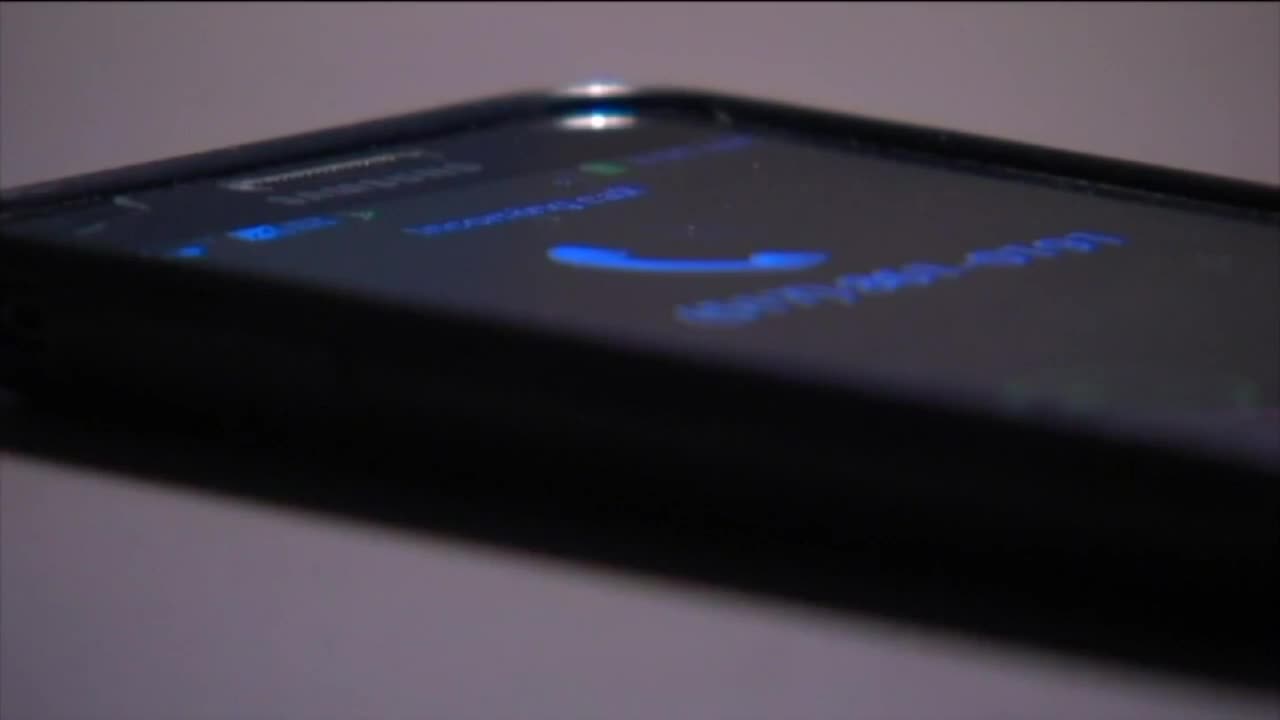Most of us do fairly well at spotting a phone scam without getting taken. However, recently we have seen an increase in the number of people who have fallen for some phishing scams.
Here is how these scams work and why people are getting taken:
You receive a phone call from what seems to be a legitimate company like Amazon, Publisher’s Clearing House, or someone servicing your student loan. Some scammers also pose as someone from a government agency like Social Security or Medicare.
The callers convince you to release personal information by scaring you into believing that your account or numbers have been compromised.
Or, they pique your interest by telling you that you have won a prize, or are eligible for lower rates or something for free.
But, in order to assist, they say that they need some information such as your social security number, date of birth, or bank information. Some of these scammers go a step further, providing you with your actual address to make the call appear real.
Most of us think that we could never fall for one of these scams. But if you accidentally pick up at a vulnerable time, you could get taken.
To avoid falling victim, do not trust caller I.D. and let calls go to voice mail. Keep in mind, most of these businesses and government agencies will not call you unless you specifically asked them to call. They communicate via mail. Do not provide personal information, nor push any buttons, or make any form of payment until you can check things out. If you believe that you have fallen victim to a scam, contact law enforcement, state and federal consumer agencies, or our Call 4 Action office for help



